Search Results for Tag: UN talks
UNEP concerned about Arctic melt
The UN Environment Programme (UNEP) has issued a warning that last year’s record shrinkage of the Arctic sea ice highlights the risks climate change brings for the planet. The annual review of the state of the world’s environment was presented in Nairobi this week during an ongoing high-level ministerial meeting.
UNEP said the summer sea ice in the Arctic had covered a record low area of 3.4 million square kilometers, 18 percent below the previous recorded minimum in 2007 and 50 percent below the average for the 19802 and 1990s. The report also mentions melting land ice in Greenland and melting permafrost in high latitudes. The figures are not new, but it is significant that UNEP should highlight the Arctic and the fact that no action is being taken in reaction to the evidence which clearly shows climate-change-induced melting.
“Changing environmental conditions in the Arctic, often considered a bellwether for global climate change, have been an issue of concern for some time, but as of yet this awareness has not translated into urgent action”, UNEP Executive Director Achim Steiner said presenting the report on Monday. He warned that the rush to extract oil and gas from the Arctic seabed as the ice retreats could lead to even higher emissions of greenhouse gases.
“What we are seeing is that the melting of ice is prompting a rush for exactly the fossil-fuel resources that fuelled the melt in the first place”, said Steiner.
Now this is a sentiment Greenpeace, WWF Arctic and other groups have been expressing for years. Here we have it from the world’s key environment watchdog.
“The rush to exploit these vast untapped reserves has consequences that must be carefully thought through by countries everywhere, given the global impacts and issues at stake”.
Meanwhile, this week, Russian President Vladimir Putin signed the country’s “strategic program on Arctic development up to 2020. Enough said?
For anyone who wants to catch up on the Arctic development story, here are a few links.
Polar ice sheets melting faster than ever
Business opportunities boom in the Arctic
Sea levels rising faster than expected
China’s Arctic ambitions spark concern
Energy giants cooperate for Arctic resources
Green energy revolution in the Gulf?

Sustainable architecture – “Wendy”, a structure with a coating that cleans up the air when the sun shines, showcased in Abu Dhabi this week
“Everybody who’s anybody“in the world of renewables, climate and sustainability seems to be putting in an appearance here in the oil-rich emirate Abu Dhabi this week. Sustainability Week, as it’s dubbed, started off with a meeting of the International Renewable Energy Agency IRENA, which has its headquarters here. The announcement that China is applying for full membership this year was one of the highlights of the top-level meeting.
Today, at the start of the World Future Energy Summit, I’ve heard top-level speakers including French premier Francois Hollande, German environment minister Peter Altmaier, EU Climate Commissioner Connie Hedegard and others addressing the international audience (3,000 delegates, 30,00 visitors expected by the organizers in the course of the week). Germany in particular comes off very well, with people talking about the “Energiewende”, or energy transformation in progress there and the rapid development of renewable energy.
But the really fascinating thing for me is the feeling that the Gulf states seem to be getting serious at last about getting into renewables. There’s a lot of international interest in their motives. Abu Dhabi’s wealth, for instance, is clearly based on oil revenue. There is no sign that that is about to change in the near future. Use renewables at home to sell more oil abroad? Well, there is that.
But there is a clear interest in diversification of the energy supply and, of course, the economy. This region doesn’t want to miss out on the global move towards securing energy, water and food security by getting into renewables, (especially solar, for obvious reasons). 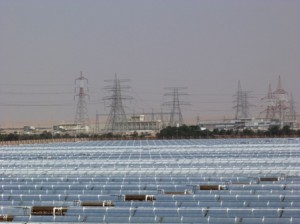 When it comes to emissions reductions, of course, there is still plenty of scope for debate, which is taking place here at the conferences on a regular basis, at all levels, from the stages to the coffee tables.
When it comes to emissions reductions, of course, there is still plenty of scope for debate, which is taking place here at the conferences on a regular basis, at all levels, from the stages to the coffee tables.
Sustainability is the buzzword this week – but is it just a buzzword?
Yesterday I visited Shams1, the world’s biggest single-unit CSP (concentrated solar power) plant, with a capacity of 100 MW, set to open very soon (although no-one was willing to confirm the actual date). It’s a huge project, with lines of mirrors as far as the eye can see. It could power 20,000 homes when it’s ready. Tomorrow, I’ll be having a look at Masdar city.
Qatar is also increasing its solar activities, as we’ve reported on DW recently. “Leading by example”, is how Hedegard described the Masdar initiative in her keynote.
But one of the most interesting issues today was a talk by Saudi Arabia’s deputy industry Minister Khalid al Sueiman about their targets for renewables. 30% of electricity generation by 2032 certainly sounds like a move in the right direction. So is the country once known as a key blocker of climate agreements and emissions reduction commitments turning over a new leaf? The motivation, the minister says, is to make the oil go further. The international media were pushing hard for more information from the Saudi expert. “We need encouragement, don’t push us too hard”, was an unofficial comment I heard from one of his aides.
I talked to Professor Jeffrey Sachs, renowned expert from the Earth Institute, Columbia University in the USA about this. He was giving a keynote speech here and launching the UN Sustainable Development Solutions Network (too hard to define right now).
He says he really does have the feeling positive things are happening here in the Gulf region.
The mega energy-event is sponsored by Exxon Mobile, incidentally. Oil companies preparing to shift to renewables? “I’ll believe it when I see it”, says Professor Sachs. But more on all that later. Things are certainly moving.
Much ado about nothing? So much for the big climate conference
No, there’s no ice on the picture. It’s actually one I took on a trip to Australia. But the mood matches my mood as I reflect on the results from Doha. What a meagre outcome. Kyoto extended – big deal. The reduction pledges are too low, there are too few countries involved. Without the USA and China committing to substantial reductions, there is little chance of reaching that two degree target – or even a four-degree target, which even the World Bank says could be on the cards, and scientists agree would be pretty devastating for the planet. The developing countries battling drought and floods, the small island states sinking in rising seas – are still left wondering where the money they’ve been promised to help them cope is going to come from. And it seems to me a real plan for that next world climate agreement must be far off on that dark, dusty horizon somewhere.
Let’s not wait for the next round of UN talks. We need to take action now. That means politicians, industry – and you and me. Listening to people talking about the outcome, the biggest danger I see is that people think there is nothing we can do anyway. I know it’s frustrating. I do not expect much of these mega annual climate-shows. But that shouldn’t stop us from pushing ahead with energy saving, renewables and anything we can do to make our lifestyles more sustainable.
The long Doha wait – is it worth it?
Still waiting for the outcome of the conference. My expectations are not high. Some of the ngo representatives have just said it would be better to let the conference end with no agreement rather than unsatisfactory compromises. I can see their point of view. If there can be no definitive pledges to the developing world of the funding needed for adaptation, what is the point in agreeing? If the Kyoto compromise will still let Russia and eastern European countries use up old emissions permits, is there really anything gained? And without a single pledge of significant reductions, things do not look good for a new world climate agreement from 2020. On the other hand, it would be a very bad sign if nothing came out of Doha. But the chances of anything substantial being agreed still seem to me virtually non-existent. Meanwhile, there seems to be one study after another coming out about the accelerating ice melt in the polar regions. And I think you can forget that 2 degrees target.
How can the Antarctic be melting when part of the ice sheet is growing?
One of my colleagues keeps telling me global warming is not really causing ice melt, because the East Antarctic ice sheet is actually growing. Yes, it is indeed, according to the latest comprehensive study taking account of all the available satellite data. But this is in fact consistent with what scientists expect from climate warming. Warming oceans are leading to more precipitation, which falls on the high East Antarctic ice sheet as snow. The situation in West Antarctica and on the Antarctic peninsula are very different. If you find all this interesting, you might like to listen to this Interview with Andrew Shepherd, coordinator of the latest study, supported by NASA and ESA, the European space agency. He explains what the satellites tell us about the state of the polar ice caps and their increasing contribution to global sea level rise.
In case you missed them, you can still catch up on the satellite study and the latest models on sea level rise. At the end of the interview I asked Prof. Shepherd what difference the data could mean to the next IPCC models on sea level rise. He made the point that the real uncertainty in these models is about what emissions trajectory the world’s countries will opt for. Which brings us back to Doha. I’m following the talks with interest, but not much in the way of expectations. The German environment minister told my colleague Andrea Rönsberg in an interview he wasn’t too optimistic about whether the talks would manage to reduce sea level by even a tiny degree. He’s not alone there.



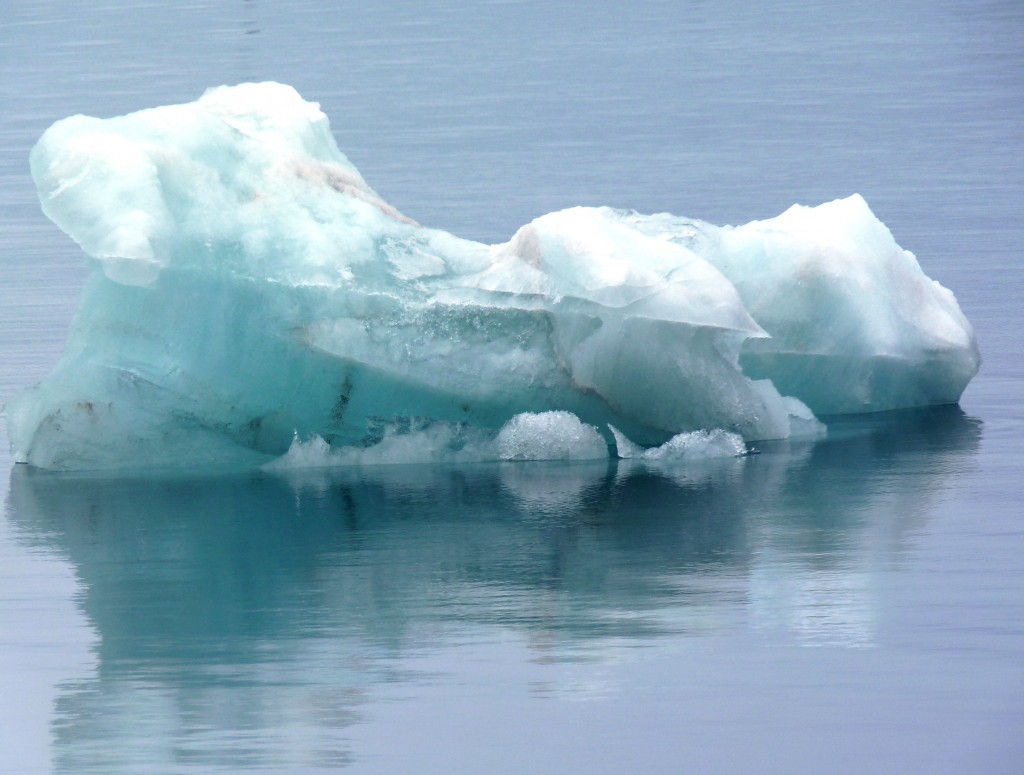

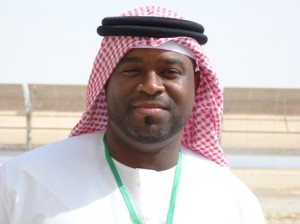

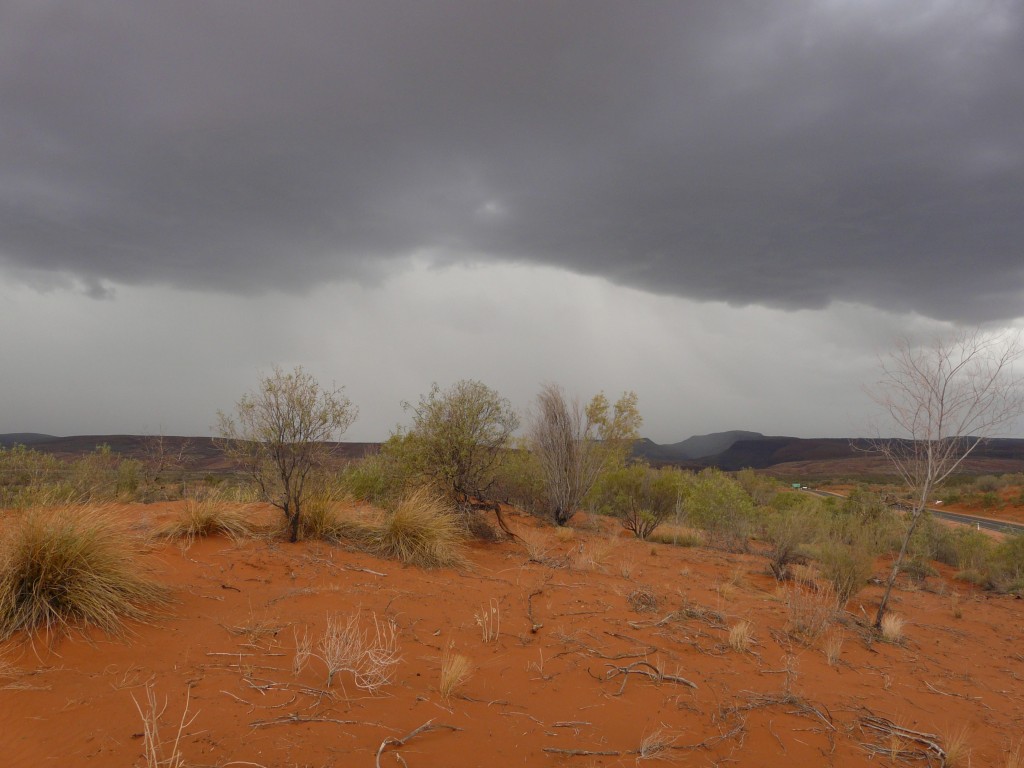

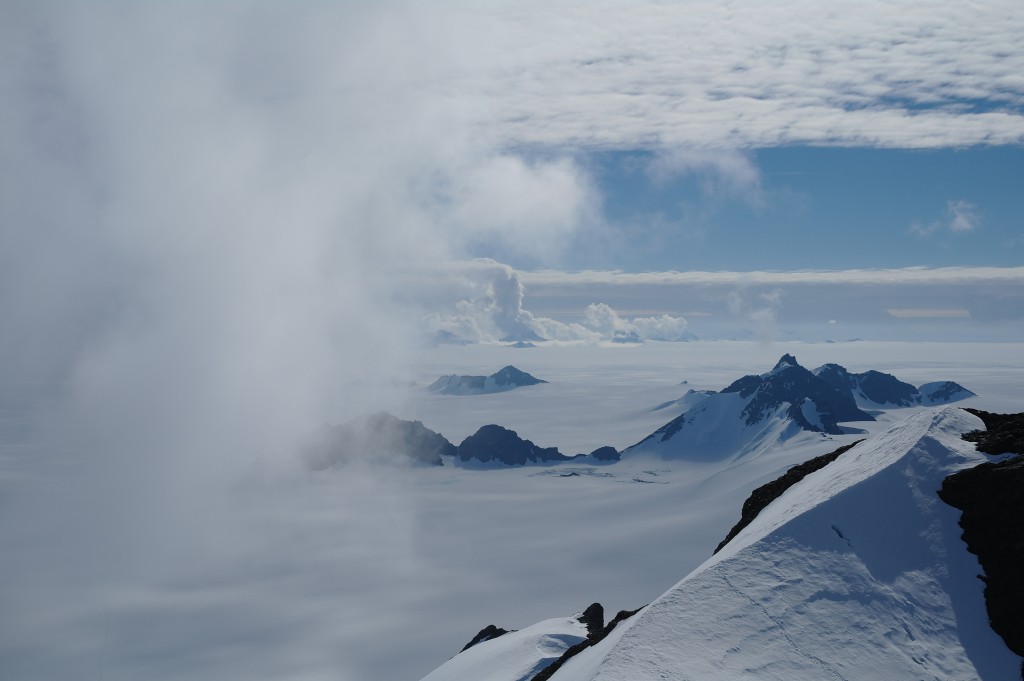
















Feedback